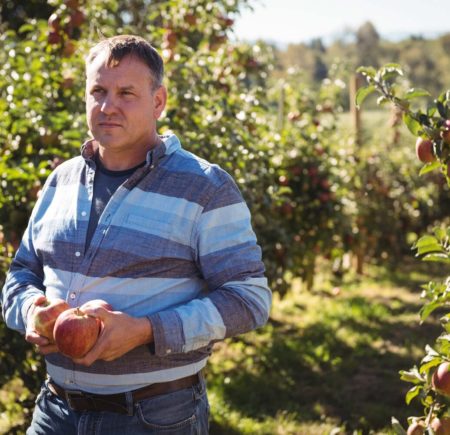

Agriculture – The Oldest Field of R&D?
Written by Jack Campbell
The Neolithic Revolution, as known as the (First) Agricultural Revolution, was the wide-scale shift of numerous human societies from hunting and gathering to one of agriculture and settlements during a period termed ‘The New Stone Age’ or neolithic period. This colossal shift in lifestyle 12,000 years ago can be marked as a significant turning point in history whereby the first human societies and cities began to form through the invention then innovation of agricultural production.
The cultures spawned through experimentation and innovation have seen drastically altered their natural environment through specialised food-crop farming, as well as activities like irrigation and deforestation that allowed them to produce surplus food. Domestication of animals, pottery, polished stone tools, and regular homes are all examples of advancements that occurred during this time period.
The human activity resulted in the selective breeding of cereal grasses (starting with emmer, einkorn, and barley) after agriculture gained traction circa 9000 BC. In the thousands of years since the Neolithic revolution, agriculture, its importance and its use have seen enormous innovations, most notably in recent times the advent of mechanization during the early days of the 18th century (The British Agricultural Revolution). But now, innovation is as vital as ever. The sector as a whole is confronted with significant problems, including growing supply prices, workforce shortages, and shifting customer demands for transparency and sustainability. Companies are increasingly recognising the need for answers to these problems. Agriculture technology has experienced a massive increase in investment over the previous ten years, with £4.8 billion invested in the last five years and £1.4 billion invested in the last year alone. Indoor vertical farming, automation and robotics, livestock technology, contemporary greenhouse methods, precision agriculture, and artificial intelligence have all seen significant technological advancements in the field. Although the seeds were sown a long time ago, it seems that research and development in the agricultural industry is far from over and with the fertilisation of the R&D tax credit scheme, the field can expect some healthy growth.


